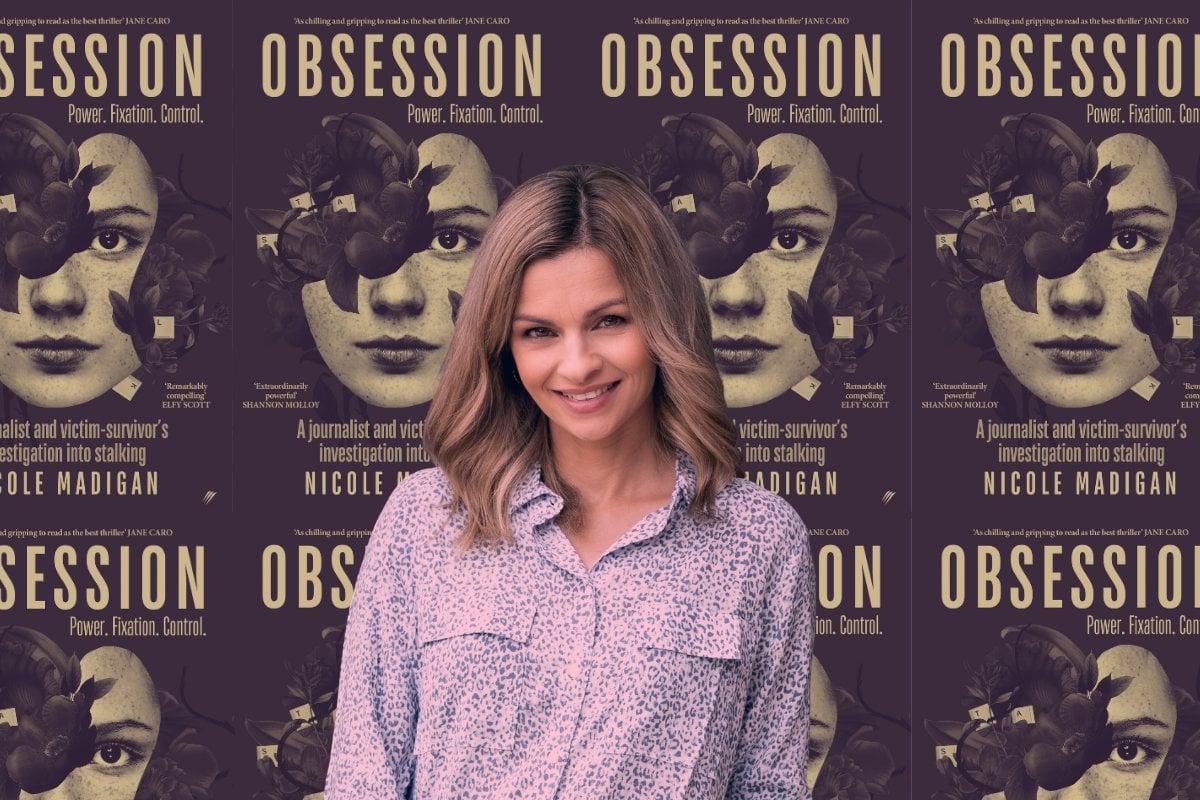
When I was young, I often fantasised about having a secret admirer. As Valentine’s Day approached, I’d imagine getting called to my secondary school office, as many girls did back then, to receive gifts left by their boyfriends.
There’d be an enormous bunch of roses waiting for me too, only in my imaginings, the card would be from an anonymous sender, a secret admirer, watching from afar. These days, the thought makes me shudder.
As I aged, my fantasies evolved. Like many young adults, it was the dedicated pursuer I craved – the man who would do anything to be with me; the friend or colleague who was quietly in love, but too afraid to say anything. ‘He’s obsessed with you!’ In those days, a comment like this would bring a coy smile to my face.
These days, I know better. My life has taught me that obsession is not akin to love. It’s not even close. It’s easy to confuse obsession with love, though, and dismiss anything else as not enough. As a society, we’re taught to crave obsessive love, to expect it. To demand it.
But it can be a fine line between romantic pursuit and unhealthy obsession.
The reasons behind our collective desire for obsession are as simple as they are complex, and start with our primal need for attachment, says relationship counsellor Susan De Campo. In simple terms, we all want to love and be loved. Within the contexts of both relationship counselling and family law work, De Campo has seen it all. She’s worked extensively with people who have been stalked, coercively controlled, physically, emotionally and sexually abused, as well as people who have perpetrated violence against others.
